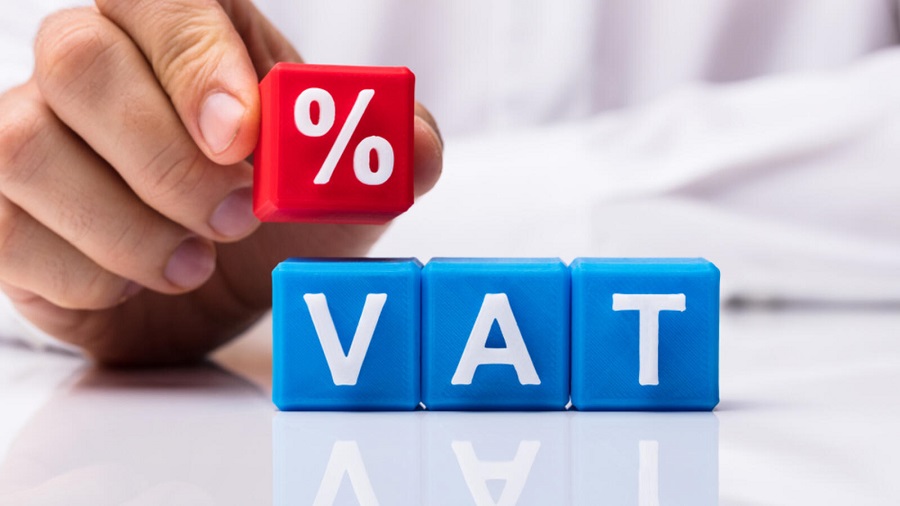Tax collection is like harvesting a garden; it requires careful planning, nurturing and timely execution to ensure everyone gets their fair share of the produce. It was one of Tinubu’s trademarks during his spell as Lagos governor, and his predecessors saw the policy as relevant enough to maintain.
As president, he is trying to reform the tax policy in the federal system to achieve an 18 per cent tax-to-GDP rate in three years. He has since set out a short-term timeline for three benchmarks: a schedule of quick reforms that can be implemented within 30 days, a recommendation of critical reform measures within six months, and full implementation of measures within one year.
One observation is that given Tinubu’s track record of reforming tax collection in Lagos, it is surprising that he does not have an oven-ready initial proposal to work with. His experience with the American system should inform him that a typical reform will need years from the initial proposal to the final passage, involving numerous drafts, committee hearings, debates, and amendments. So, having a working draft would have saved time.
The time required to write a tax reform can vary, depending on the goals of the reform, the level of cooperation among stakeholders, and the specific legal and administrative procedures in place. For example, India’s Goods and Services Tax reform took over a decade to fully implement. Another example is the U.S. Tax Cuts and Jobs Act of 2017. The process was relatively quick by legislative standards but built on years of discussions and prior proposals.
Multiple taxation, power, poor sales top challenges of manufacturing – MAN
Ministers promise portable water, improved sanitation
For Tinubu’s tax reform, the objective is unclear. Specifying how he chose the desired magic number of achieving an 18 per cent tax-to-GDP rate within three years would greatly help. Those familiar with the ‘new Tinubu’ will see this setup like his usual trial-and-error experiments, similar to ongoing policies.
Nigeria’s current tax-to-GDP rate is 10.9 per cent, rising from 5-6 per cent over the previous years. So, tax revenue is rising significantly, and many will wonder why try to fix a broken system using a short-term plan. The average for countries under the Organisation for Economic Cooperation and Development is 33.5 per cent, and the European Union countries have an average of 26 per cent tax-to-GDP rate. Countries from Asia and the Pacific have an average of 19.1 per cent, and Latin America and the Caribbean have an average of 21.9 per cent. Africa’s average is lower than other regions, with 16.5 per cent. Countries like Egypt, Ethiopia, and Angola are hovering between 5-10 per cent, while Morocco, Tunisia, South Africa and Seychelles are hovering between 20-25 per cent.
One thing to note is that most of these countries are either experiencing a decline in tax-to-GDP rate or facing a harsher macroeconomic environment due to the consequences of the pandemic. Similarly, the macroeconomic conditions in Nigeria are unfavourable, with rising inflation and a volatile exchange rate.
The current state of the economy for businesses is not a favourable one. Businesses are leaving and reporting losses. For example, GlaxoSmithKline is leaving Nigeria. Aliko Dangote and Abdulsamad Rabiu lost $5.85 billion in the early stage of the Tinubu presidency due to his reforms. Large corporations reported huge forex losses as they presented their June 30 second-quarter statements. These include Nestle Nigeria, Dangote Cement, MTN, and Airtel, with forex losses amounting to N123.7 billion, N103.8 billion, N131.4 billion, and N471 billion, respectively.
This is not a good sign for the economy because if this trend continues, the economy will be plunged into recession, businesses will suffer, and tax revenue will decline.
The bright side of this tax reform is that it can enhance revenue growth and reduce tax evasion and corruption. The generated revenue can be redistributed efficiently to achieve economic development. The full implementation can improve government services and compliance and enhance business growth, innovation and jobs leading to economic growth. But in all seriousness, this is just theory and conditional of effective implementation and adaptability to changing circumstances. The worry about this reform is why it is happening now, given the state of the economy.
Idealistically, improving the fiscal policy environment is desirable. However, it will be more pragmatic if the reform focuses on how the tax system lets businesses and individuals make decisions based on their economic merits rather than for tax reasons.
The push to increase revenue rather than grow the economy must be reconsidered. When the economy grows, the government increases its capacity to spend more in the economy. Therefore, by focusing on reforms that enhance efficiency, improve compliance, and broaden the tax base without burdening any specific group, Tinubu can create a successful scenario where the economy is better off without making anyone worse.
The success of Tinubu’s tax reform efforts hinges on the committee responsible for designing these changes. For an accurate assessment, they must have access to the latest data, global trends, and contemporary issues. The committee should focus on crafting practical proposals that reflect real-world complexities. Emphasising a progressive taxation approach should be key. The reform will only gain acceptance if it is grounded in current realities and offers a practical and equitable solution.

 Join Daily Trust WhatsApp Community For Quick Access To News and Happenings Around You.
Join Daily Trust WhatsApp Community For Quick Access To News and Happenings Around You.